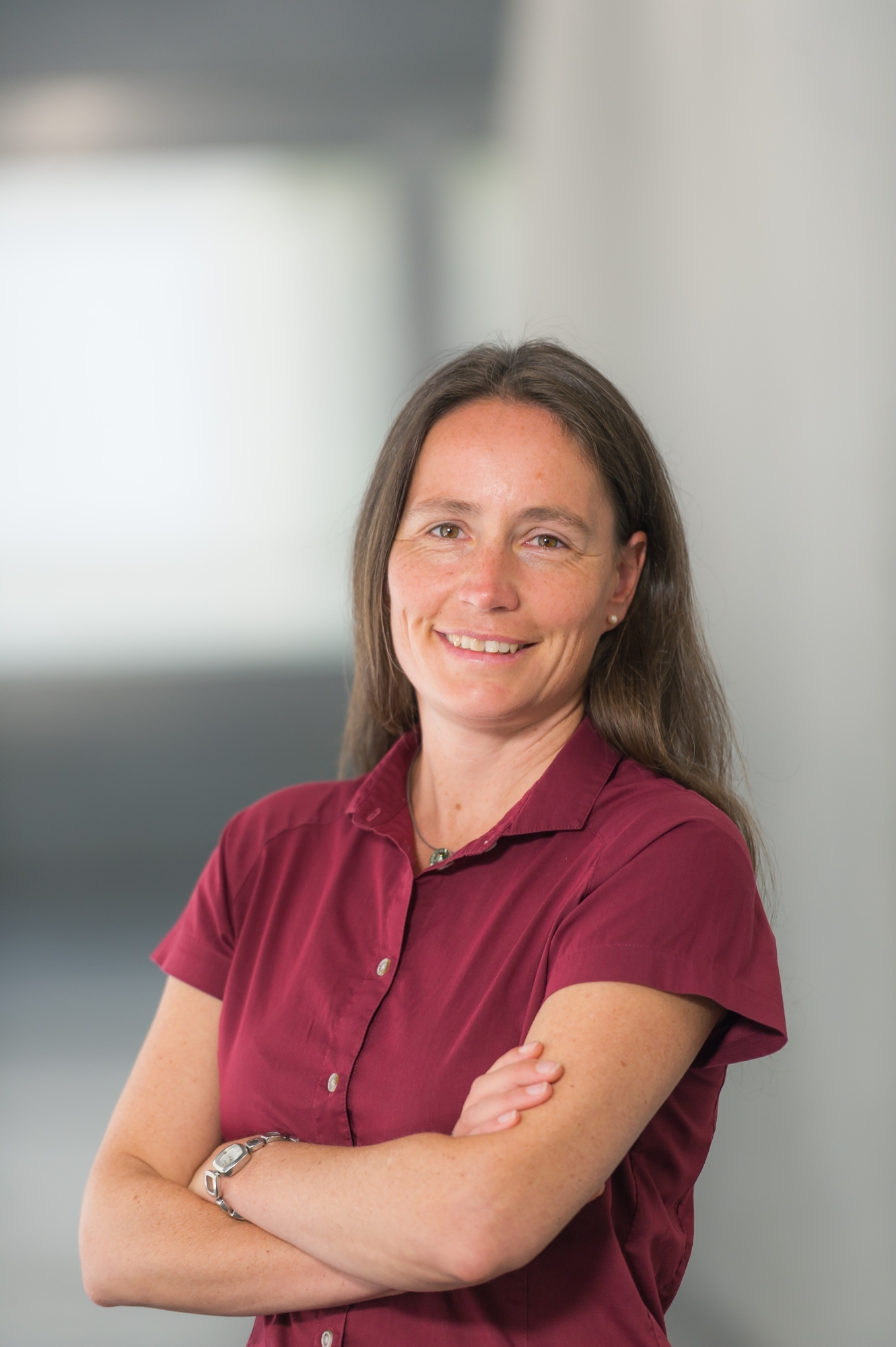Modeling as a tool of modern data science – from heterogeneous data to reliable model predictions in biology and medicine
Abstract
The amount, size and complexity of data has enormously increased in the last decade, opening up new possibilities, especially in the life sciences and in biological and medical contexts. At the same time, modern data science approaches are rapidly developing as computational capabilities increase and have long since found their way into scientific routines and workflows.
On the other hand, computer models provide a framework for the integration of multi-modal data and enable the inclusion of expert knowledge about the respective system. With a good model, hypotheses can be made and predictions can be made that go beyond the possibilities of machine learning and AI tools, which are often based on data alone.
In my talk, I will show exemplary results of modeling approaches using different case studies. First, I will present a model for synthetic epigenetic memory circuits based on a methylation-dependent positive feedback loop in Escherichia coli that is able to generate hypotheses about the behavior of individual cells from bulk data. This is work in collaboration with Prof. Albert Jeltsch (University of Stuttgart). Second, I discuss a statistical Bayesian workflow as a tool for processing sparse and highly variable time series data related to liver resection in animals and human patients. This project is part of the research unit FOR 5151 – Quantifying Liver Perfusion-Function Relationship in Complex Resection.
Vortragende
Nicole Radde is Professor of Mathematical Modeling and Simulation of Cellular Systems at the Institute of Stochastics and Applications, University of Stuttgart. She completed her doctorate in 2007 at the University of Cologne on the topic of “Non-Linear Dynamic Phenomena in Biochemical Networks”, after which she worked as a postdoctoral researcher at the Institute of Medical Informatics, Statistics and Epidemiology in Korbinian Strimmer’s group ‘Computational Statistics’. In 2008, she joined the University of Stuttgart as a junior professor for ‘Systems Theory in Systems Biology’ in the Cluster of Excellence Simulation Technology, and holds a permanent professorship since 2015. Since 2019, she has been a member of the Board of Directors of the Cluster of Excellence EXC 2075 ‘Data-integrated Simulation Science’ and co-spokesperson of the Stuttgart Research Center Systems Biology (SRCSB). From 2017 to 2021, she was Central Equal Opportunities Officer at the University of Stuttgart.
Nicole Radde uses simulation models to investigate complex dynamic processes and regulation mechanisms in and across cells. Her research group focuses on stochastic models to map biological variability and on statistical methods to adapt models to experimental data. Application examples cover a broad range from the fields of cell biology, biomedicine and synthetic biology.
Termin
Datum: Dienstag, 10. September 2024
Uhrzeit: 11.00 – 12.30 Uhr
Ort: Großer Saal im Hauptgebäude, Deutsches Hygiene-Museum Dresden
